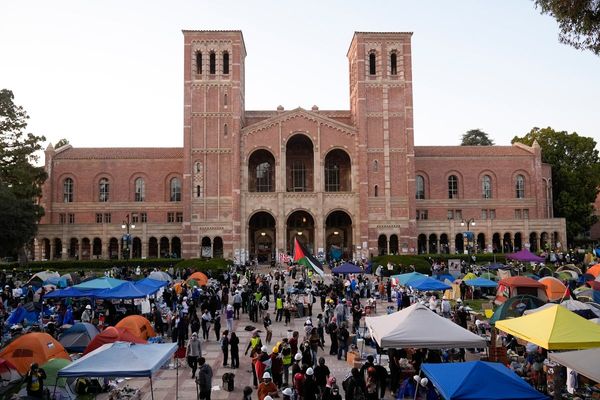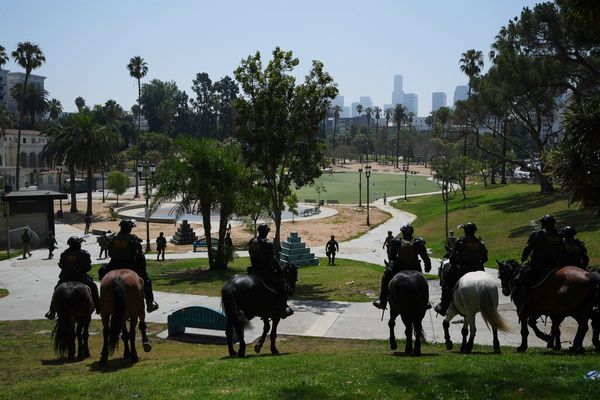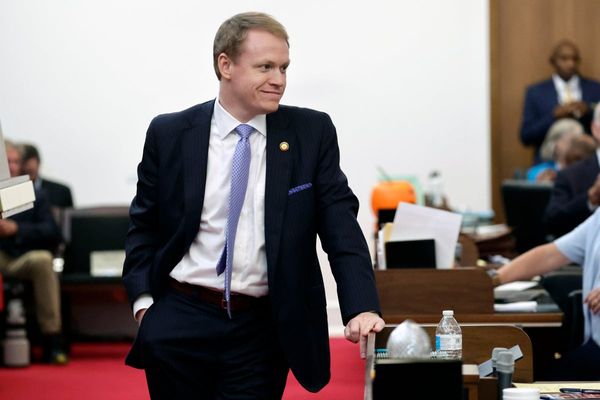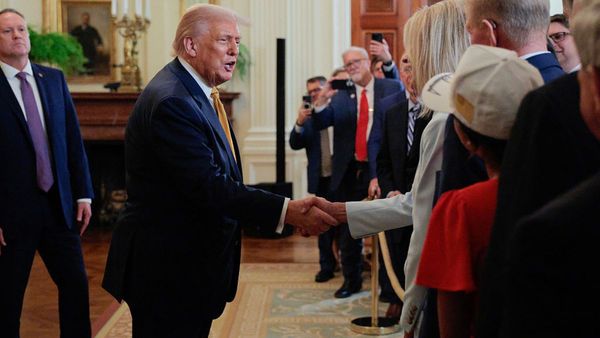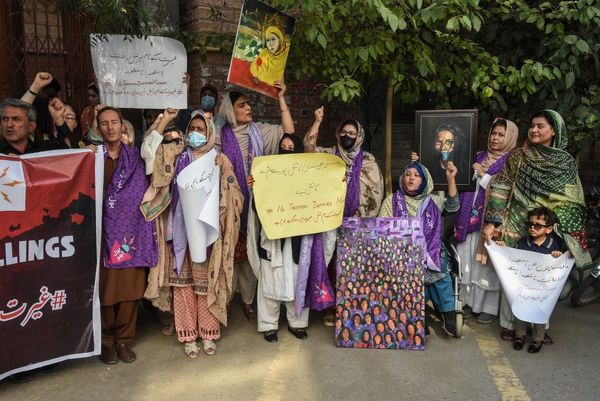
Before starting “nomad school” – a segregated church-run school system for Indigenous children that existed in Sweden until the 1960s – aged seven, Lars Stenberg had only ever known the safe environment of his family.
But after three years of bullying at the institution – which the Swedish church has since admitted to being racist – he was left with emotional scars so deep they still haunt him today.
It is only now, at the age of 76, that he has been able to share his experiences with Swedish authorities as part of a long-awaited Sami truth commission. “I lost my self-esteem and everything that entails. I was unsure and, most of all, afraid. I was afraid to do wrong,” said Stenberg. “That has followed me my whole life.”
The reindeer herder, who lives in Arvidsjaur, a small town in Norrbotten county in Swedish Lapland, with his family, is one of hundreds of Indigenous people who have testified over the last year to the commission, which is in its final weeks of collecting interviews.
The Sami, recognised as one of Sweden’s official national minorities, are the only recognised Indigenous people in the EU, with roots going back between 3,000 and 10,000 years.
Láilá Susanne Vars, a commissioner on the truth commission for the Sami people, said their interviews had already uncovered previously undocumented information and “a lot of collective trauma”.
The commission will submit its findings in 2025 with a three-volume report and recommendations to the Swedish government on how historical wrongdoing against Sami people has affected their lives today.
“A lot of histories about violence, abuse, boarding schools, and we have heard a lot of stories about forcible removal of Sami people from their traditional homelands when they had to leave their homes and move to new areas. There are a lot of really traumatic and dramatic stories,” Vars told the Guardian.
“We have young people come to the commission talking about how their parents’ trauma is affecting them – illnesses, mental illness, caused by what happened to their parents as children, language loss, loss of identity, a lot of people feel this enormous void.”
The opening of the truth commission has been a long time coming. The Sami youth organisation Saminuorra first wrote to the Swedish government in 2008 demanding the establishment of a truth commission. But it was not until 2020, a year after the Sami parliament submitted a petition to the ministry of culture asking them to fund the process, that the government authorised the commission.
The inspiration was Canada’s truth and reconciliation commission into the legacy of the state-sponsored “residential school” system, aimed at eradicating the languages and culture of Indigenous populations, which concluded in 2015 with a six-volume final report.
While they are not yet able to comment on what their recommendations might be, the Swedish commission said its mandate did not prevent them from proposing reparations. “Our work should give a foundation for reconciliation, and the discussion on reparations is hence also very relevant,” said Vars.
Many people they have interviewed want to see better protection for Sami lands and livelihoods. Vars said reindeer-herding Sami suffer additional discrimination as strong symbols of Sami culture who are frequently attacked as they fight to protect grazing lands against industrialisation.
Young people have also reported the discrimination they face. “Young Sami talking about racism they face at the local grocery, at school, at work,” she said. “It’s still very much there. There is so much racism and ignorance and hate.
“But the Sami history has also so much hope, strength and examples of a strong resilience in it, the Sami are determined to pass on their cultural legacy to new generations.” However, resources for teaching Sami history in schools were lacking, she said. While it is on the curriculum many teachers did not have the material or competence to teach it, said Vars, who argues that Sweden’s history needs to be rewritten to incorporate Sami perspectives and history.
Stenberg is unclear on what exactly he wants to see from the government but he is certain that an apology is not enough.
The ever-growing impact of forestry, the climate crisis and encroaching industry – particularly wind power – in the north mean that life as a reindeer herder is becoming increasingly untenable.
Although one of his sons has followed him into the livelihood, he does not believe it will be an option for future generations. “We must have bigger influence in forestry, how they use the land. And they [the government] must listen,” he said. “Until now they have never done it.”

